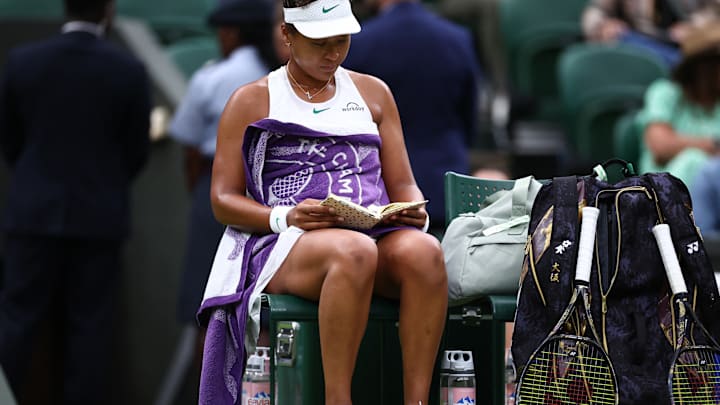I didn’t realize that The Outlier was Elizabeth Eaves’s debut novel at first. Knowing that, I did start to look at the novel a little differently. It’s still not one that I would choose to read again, though.
Disclaimer: I got this novel for free from NetGalley in return for an honest review
The Outlier starts off with a story about a neuroscientist who just wants to create the cure for Alzheimer’s, and it seems she has. However, there are some secrets that she holds that affect her research, her credibility, and more.
What is The Outlier by Elizabeth Eaves about?
The novel follows Cate Winter, an entrepreneurial neuroscientist, who as managed to develop a cure for Alzheimer's. Her company is about to be sold, and she’s on the cusp of being a multi-millionaire. However, there’s a secret she has that threatens to come out.
It’s the secret that drew me into the book. She was part of the Cleckley Institute, which was a psychological instituion for children who had sociopathic tendencies. The majority of her classmates ended up in the prison system, but not Cate and one other pupil. She’s desperate to find osmeone who is like her, but what if that someone is far more dangerous?
The Outlier review: A promising start in the genre
As mentioned, I didn’t realize that this was the first novel from Eaves. If I’d have known that, I probably would have been a little more open-minded when I initially got bored at the start of the book. I’ll admit that I put the book down and nearly didn’t pick it back up, making it my first review DNR.
I didn’t want that to be the case, though. So I soldiered through, because there was promise at the start. It just wasn’t catching my interest.
Part of that was the switch between first-person and third-person POV. We start off with Cate in the first-person. When we switch to other POVs, we get the third-person. I don’t mind switching between people, but I prefer the POVs to be the same, unless it’s in the form of a diary or a spiritual beyond that would change everything about the POV.
I prefer books in third-person, to be honest. This first-person POV is so limiting in what the other characters are actually like. I don’t feel like we really get to know them.
There was clearly a lot of research into scientific terms. I did feel like this bogged down the book at times. It didn’t stop the flow too much once in it, but to start with, I glanced over a few terms. I love seeing research done, but it needs to be added into the book in a way that doesn’t disrupt the flow of the story.
I also felt like there was a flaw in the initial writing as it felt like I was reading separate stories. The characters didn’t know each other, which made it harder to connect the storylines along the way. As I said, though, I didn’t connect with the novel at first. I was just too disattached to everything.
I would try something from Eaves in the future, but this book didn’t work for me personally. I know people I would absolutely recommend it to, though.
Stars: 3 out of 5.
